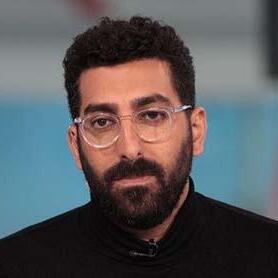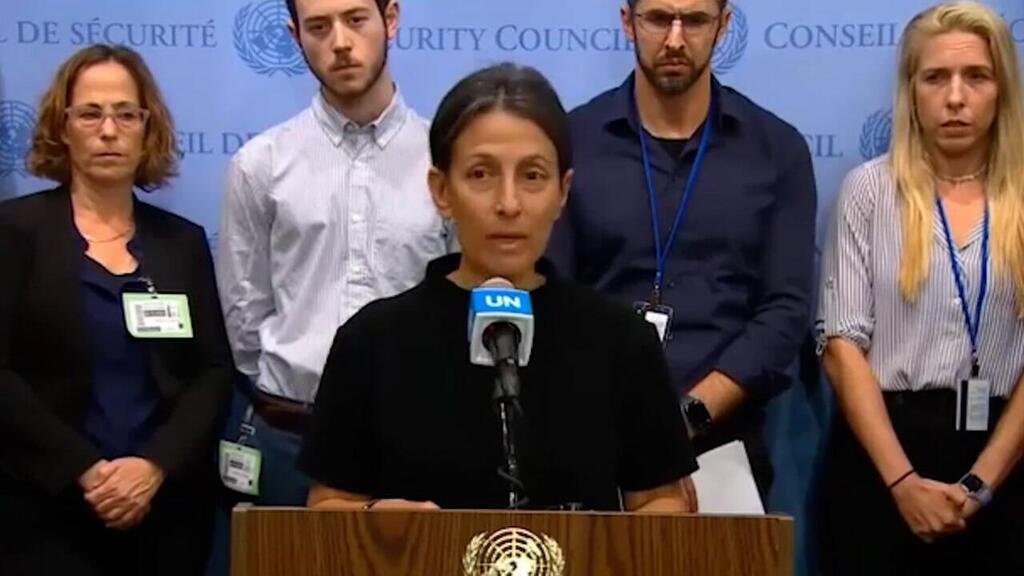Getting your Trinity Audio player ready...
Rachel Goldberg-Polin
(Lior Sharon)
Rachel Goldberg-Polin, the American-Israeli mother of Hirsh, who was abducted to Gaza during the Hamas massacre on October 7, said she must be optimistic and hope that her son would return home. "We have to be positive otherwise you fall, you know you can fall into the direction of despair and then you can't move."
Golberg-Polin was named among the 100 most influential people of 2024, by Time Magazine last week, an honor she said she accepted so that her son's fate, and that of the other 132 captives, would not be forgotten.
" I think that they are using me as a symbol for the hostage crisis. And we were hoping that it will bring more-light and advocacy to this terrible, tragic situation that we find ourselves in," she said in an interview with Ynet.
"The things that people still don't know 198 days in, people all over the world still don't know that there are 133 hostages, that they represent 25 different nations, that there are Christians, Jews, Muslims, Hindus and Buddhists, and that the range in age, as you know, is from 15 months to 86. We know about that here, but across the world, people think it's one monolithic, homogeneous group of people. And I think that's very dangerous and it does a disservice to the families of people who are worried about their family members and don't have any way of advocating for them?"
This year's Passover holiday will be difficult for her family as for the other families of the hostages and for those who have lost loved ones since October 7.
"It's definitely going to be brutal, and it won't make any sense. It doesn't. You know, it takes a tremendous amount of psychological effort every single day to get out of bed and pretend to be a person. And if Hersh and the others aren't home tomorrow night to sit with us, it will be another great acting episode of trying to pretend to be people around a table at a Seder without their only son."
Hersh loves Passover, Golberg-Polin said. "Hersh is a very curious person by nature and he loves to ask questions. The whole purpose of the Seder is to get a conversation started and to get questions asked and that's why we have these suggested 4 questions that children learn from a young age," she said. "So the entire purpose of the Seder is to have strange things to evoke and provoke people to ask questions."







